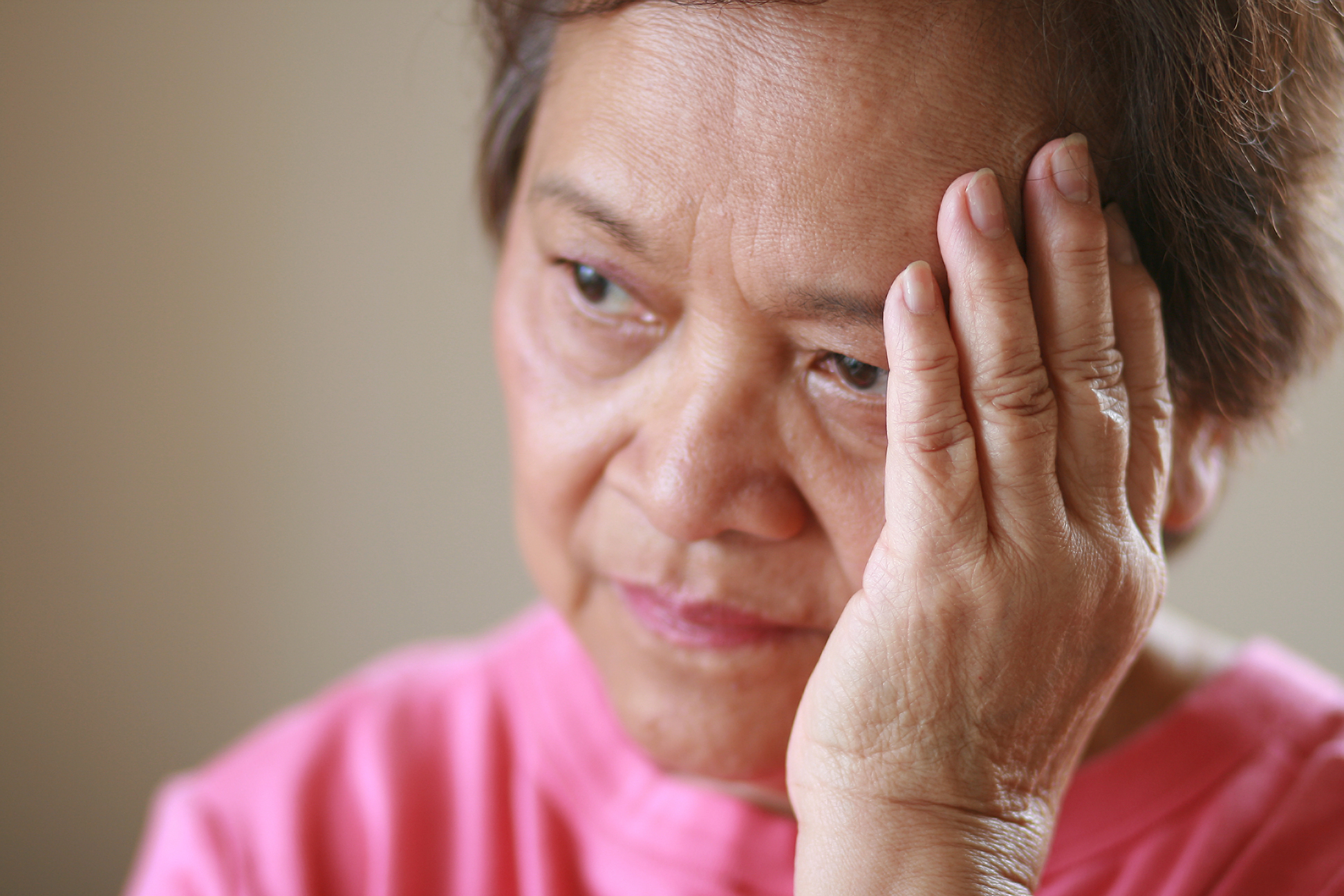When you think of psychotherapy most people get a mental picture in their head, perhaps even the stereotypical one of lying on a psychiatrists tufted leather couch while telling the doctor their deepest, darkest thoughts. I certainly doubt a telephone would have been the thought that popped into your head, but two separate research studies have both found that telephone therapy is very successful in treating patients suffering from depression.
Traditionally therapists or psychiatrists schedule therapy sessions for their patients to take place in their offices, but there is new data out that indicates that phone therapy may be a more effective delivery system for some patients than the traditional face-to-face method of therapy. Therapists in the United States report that almost fifty percent of their patients stop coming to therapy after just one or two sessions. The reasons for this are varied, it may be transportation issues, work schedules, family obligations, or in many cases it is because the patient is depressed. People who are depressed often have difficulty in just doing the simple daily functions of life, lack motivation and have a hard time meeting schedules or keeping appointments.
Northwestern University conducted a study analyzing the benefits of phone therapy. The research showed that more than 90 percent of the patients who received phone psychotherapy continued with their therapy. Additionally the research study reviewed twelve studies of telephone therapy and found that only 7.6 percent of patients treated by phone discontinued their therapy sessions, in comparison to the fifty percent of patients that ended treatment that were receiving face-to-face therapy. Another finding in the study was that there was no difference in effectiveness whether the therapy was by phone or face-to-face.
Another component that makes phone therapy more appealing to some patients may be due to physical limitations or health problems they may be dealing with as well as depression. This is very often the case when therapists are treating older patients. Almost all older adults have one or more accompanying chronic health conditions often associated with anxiety and depression.
On August 5th JAMA published a study conducted by researchers from Wake Forest University School of Medicine in St. Louis which studied 141 people age 60 and older that were living in remote rural areas in North Carolina who were suffering from generalized anxiety disorder, a condition that causes excessive, uncontrolled worry in patients.
The patients received as many as eleven phone therapy sessions during the period of January 2011 and October 2013. Half of the participants were given therapies that included problem solving techniques, methods of coping, anxiety symptoms recognition, and relaxation technique skills. The other fifty percent of participants received a more simplistic type of therapy consisting of less intensive phone therapy that provided a therapist for patients to discuss their anxieties and problems with, but did not offer any coping techniques.
Researchers concluded that both study groups had less severe anxiety, but the patients who received coping techniques suggestions with their phone therapy had a much higher reduction of symptoms of depression and anxiety disorder.
One problem with phone therapy is that the guidelines for payment from insurers and Medicare are nearly prohibitive. Typically the guidelines require patients to travel to a specified location or facility to engage in their phone therapy unless the patient’s location is so remote there is no other alternative. The numerous restrictive payment guidelines are keeping many of the older patients from receiving phone therapy and in many cases any treatment at all.
In Conclusion
With the numerous studies published and the conclusive evidence of the benefits of phone therapy, combined with the Obama administration’s and the ACA’s goal of delivering better quality healthcare and reducing healthcare costs, it is hoped by experts in the field that the restrictive policies keeping phone therapy out of reach for patients will be changed. Phone therapy for most patients is a necessity, not a convenience and would certainly improve the mental health of Americans.







